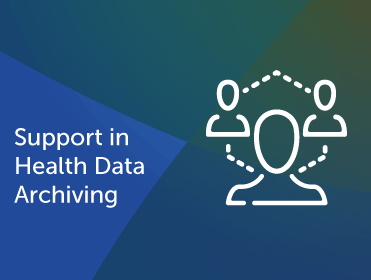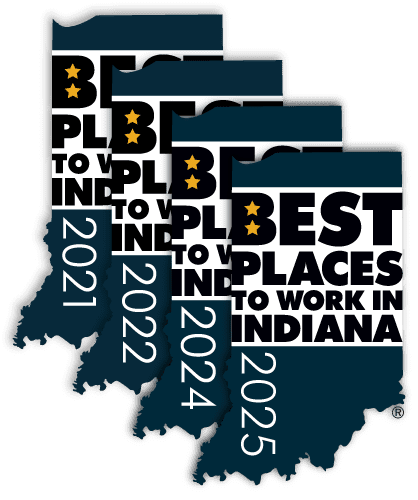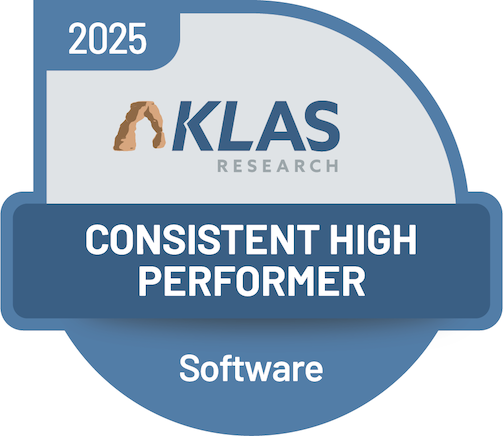
By: Michael Edmisten, Director of Client Experience and Support at Harmony Healthcare IT
The healthcare industry is increasingly reliant on data to drive decision-making, improve patient care, and streamline operations. Health data archiving has become a cornerstone of modern healthcare systems. However, an archive’s effectiveness can hinge on the technology itself and the quality and responsiveness of the daily technical support that underpins them.
One of the primary reasons a high-quality technical support team is essential in health data archiving is the need to ensure data integrity and protection.
Healthcare data is highly sensitive — containing personal and medical information that must be protected from unauthorized access and breaches. Responsive technical support teams are crucial in maintaining robust security protocols, promptly addressing vulnerabilities, and ensuring compliance with regulations such as HIPAA (Health Insurance Portability and Accountability Act).
For many organizations security has become the top priority for support staff, who adhere to industry-leading standards when handling sensitive data. Teams must employ multiple security and privacy layers that are integrated into support processes to ensure robust protections at every step. Organizations must also commit to maintaining HITRUST compliance, which underscores dedication to safeguarding health information.
This rigorous approach not only protects patient data but also instills confidence in clients, knowing that their information is managed with the highest level of security and integrity.
Minimizing Downtime and Disruptions
In the healthcare sector, even minor disruptions can have significant consequences. Downtime in data archiving systems can delay access to critical patient information, potentially impacting patient care.
High-quality technical support ensures that any issues are resolved swiftly, minimizing downtime, and maintaining the continuity of care. This responsiveness is vital in an environment where every second counts.
When planning for scheduled maintenance or downtime, it is critical to ensure seamless coordination through both vendor and internal Change Advisory Board (CAB) processes. The commitment to transparency helps organizations prepare and minimizes any potential disruptions. To avoid unplanned downtime, organizations should also consider advanced system monitoring tools that enable detection and address issues before they escalate.
This proactive approach allows organizations to maintain continuous communication and swiftly react if corrective action is needed, ensuring the highest level of service reliability and client satisfaction.
Enhancing the User Experience
Healthcare professionals rely on data archiving systems to perform their duties efficiently. When these systems are user-friendly and well-supported, it enhances the overall user experience.
Responsive technical support teams play a key role in this by providing timely assistance, addressing user concerns, and ensuring that the systems are intuitive and easy to navigate. A positive user experience translates to higher productivity and better patient care.
The user experience extends far beyond the technical user interface (UI) though. It encompasses the personal interactions and relationships between hospitals, clinics and other operations and support teams. Every touchpoint matters, from the initial contact to ongoing support.
Clients need to feel heard, valued, and supported. This human element is integral to the approach by partners as they strive to provide not only effective technical solutions but also a positive, collaborative experience that fosters long-term partnerships and client satisfaction.






